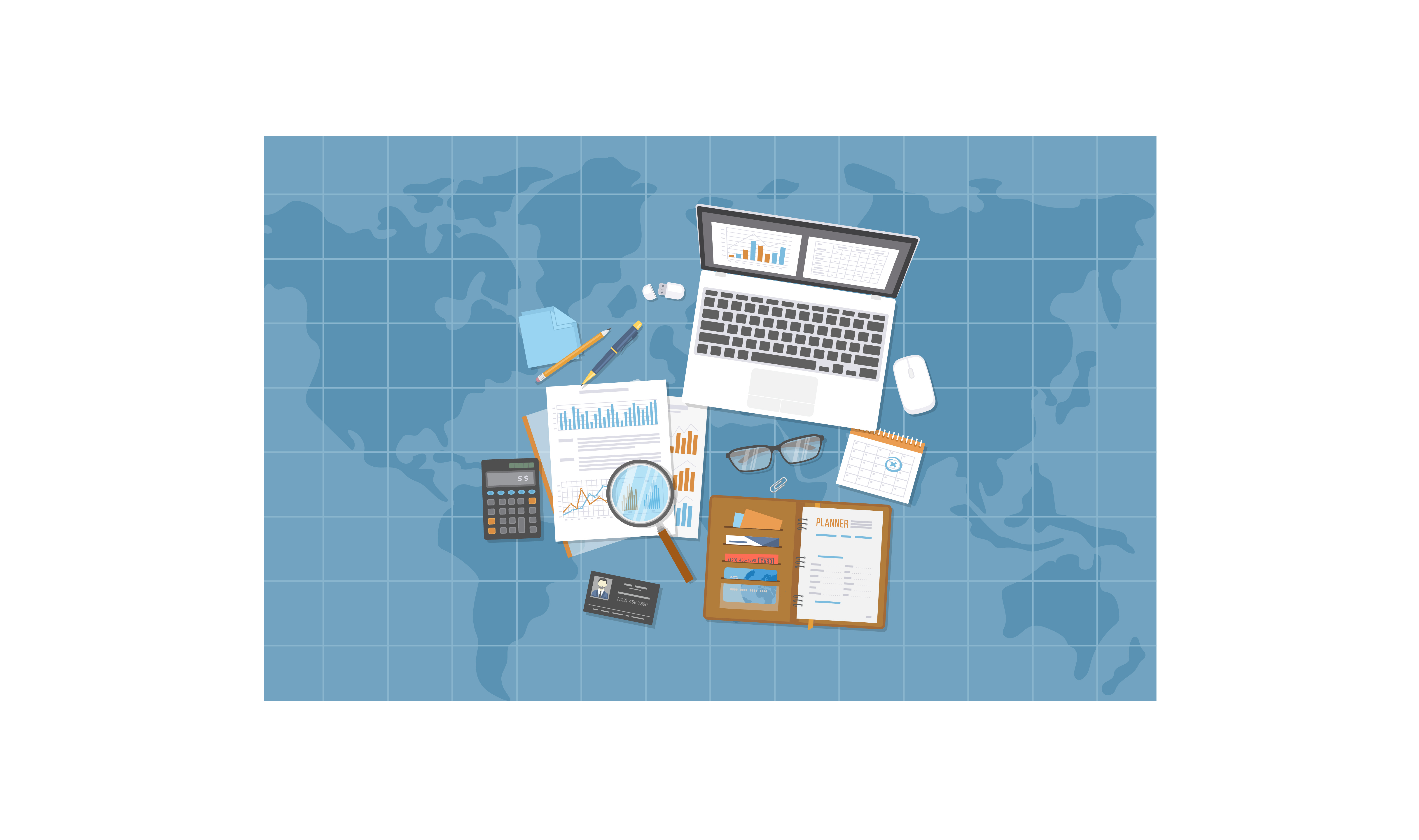
We recommend you check the details of Pricing Plans before changing. Click Here
We recommend you check the details of Pricing Plans before changing. Click Here

1.0 Pre-Sale

Understanding your credit and how it works will be the first step any potential buyer should take, before even stepping a foot into a dealership. This is especially true if you are financing your vehicle, but equally as important if you are not! Because if you don’t happen to use this knowledge at this moment and time, I can guarantee that you will sooner or later. Whether you apply for a new phone contract, a new credit card or even a new mortgage….in our day and age, it is impossible for you to ignore your credit rating.
In Canada, there are two major companies that are responsible for maintaining credit reports on every Canadian: Equifax and Transunion.
These corporations collect the following information on individuals:
Understanding your credit score should never be a mystery. Your credit score will determine if you get approved on a credit card, how much your limit will be set at or if you are going to be able to purchase that vehicle or not. And when you get ready to buy that house, understanding your credit could mean the difference between making ends meet or not.
Transunion and Equifax will determine your credit score based on the information they have been entrusted to collect. The main factors for determining your credit score: Your credit utilization (percentage) and late payments.
Credit utilization, simply put, is the percentage of the credit you are using (balance of all open accounts; reported once a month), divided by all the credit available to you (your credit limit on your credit cards; all added together). Banks and lenders, when deciding if they should give you that loan or credit card, use this information to determine if you are relying too heavily on your credit cards or not.
Anything above 40%, starts to usually impact your credit score negatively. That could mean the difference between paying 4% interest on your vehicle, compared to 9% or 10%.
Late payments might be a little bit more straight forward. On all open and closed accounts, they track how many times you had a late payment of 30, 60 or 90 days. Any late payments in the last 12 months, will heavily affect your credit score.
Think about it. Would you lend a friend more money, if they are constantly late paying you back what they already owe you?

This article is just a basic look at understanding your credit.
If you want to read more comprehensive articles on how credit works and what steps you can take to either establish or fix your credit, check out Comprehensive Credit.
Better yet, get in touch with us! Ask one of our credit experts any questions you might have, and we would be glad to help.